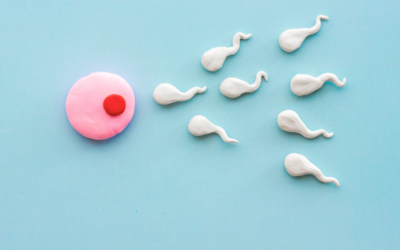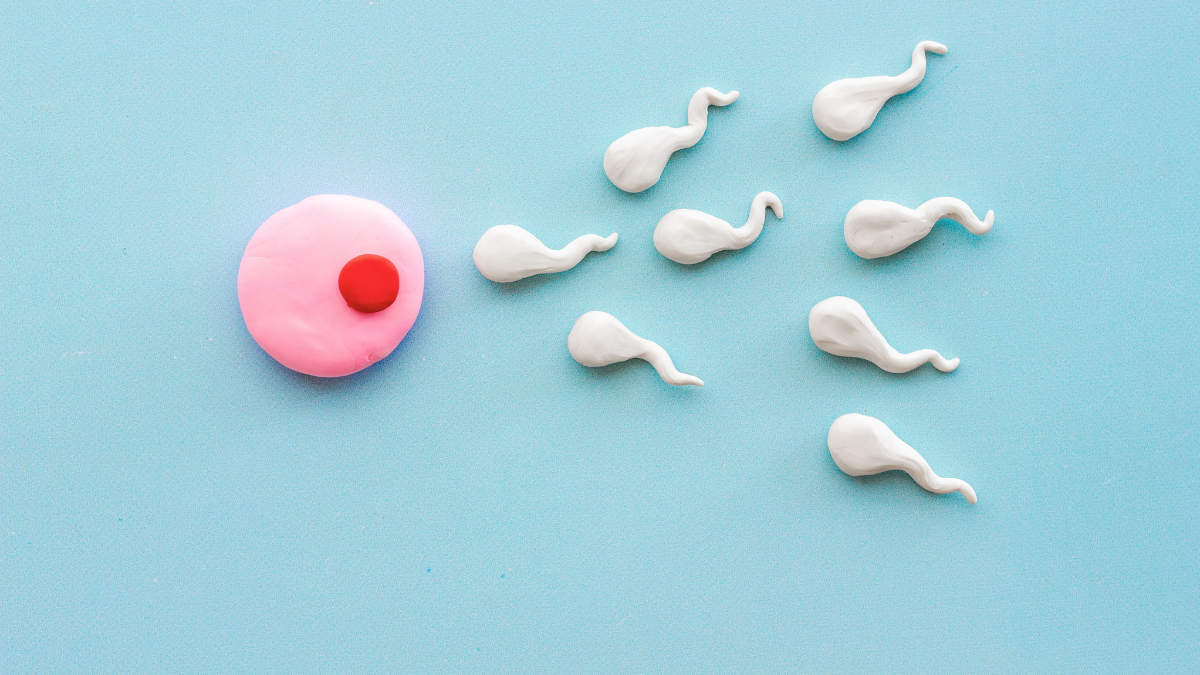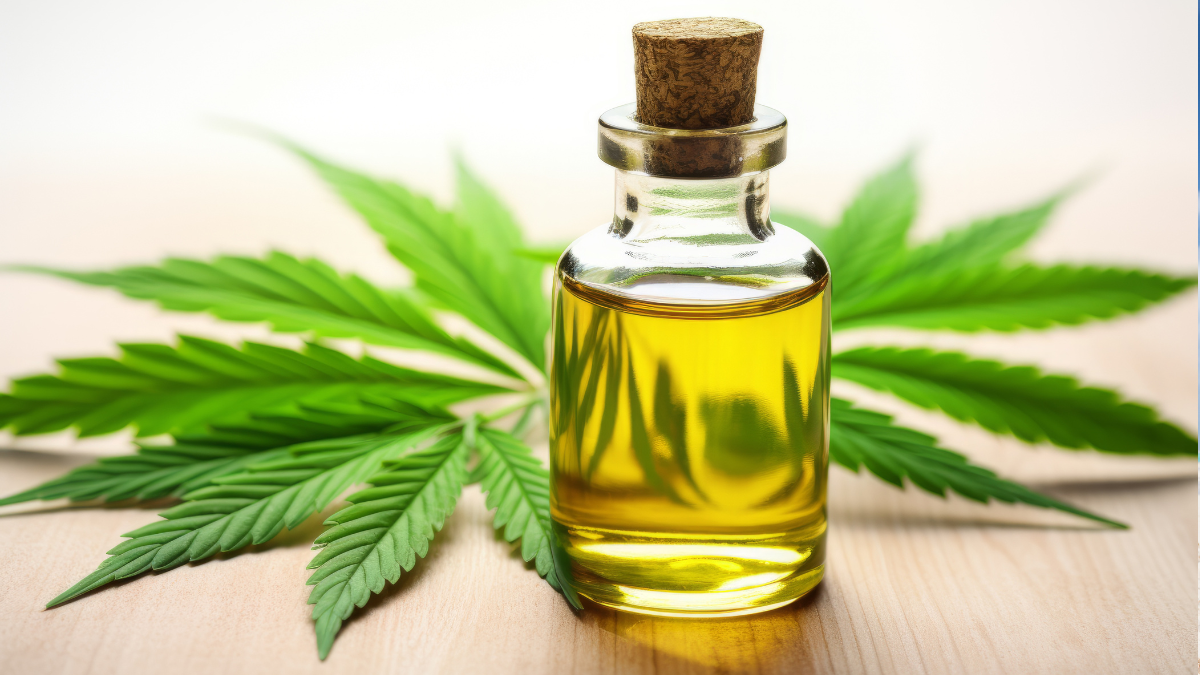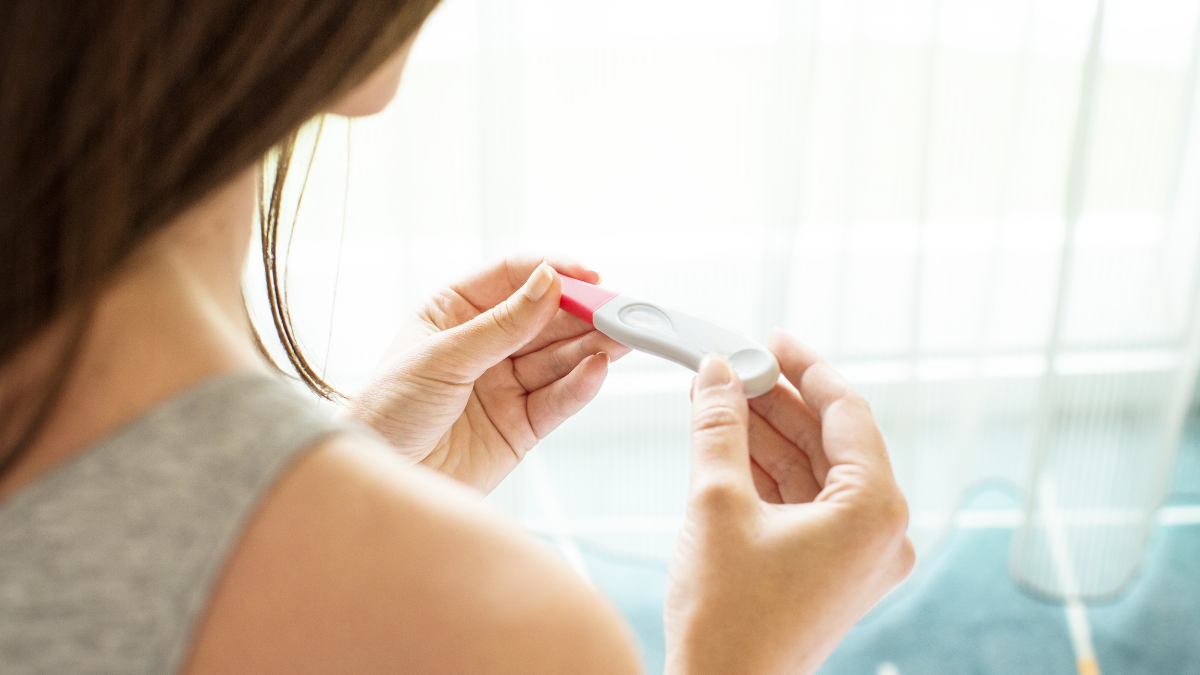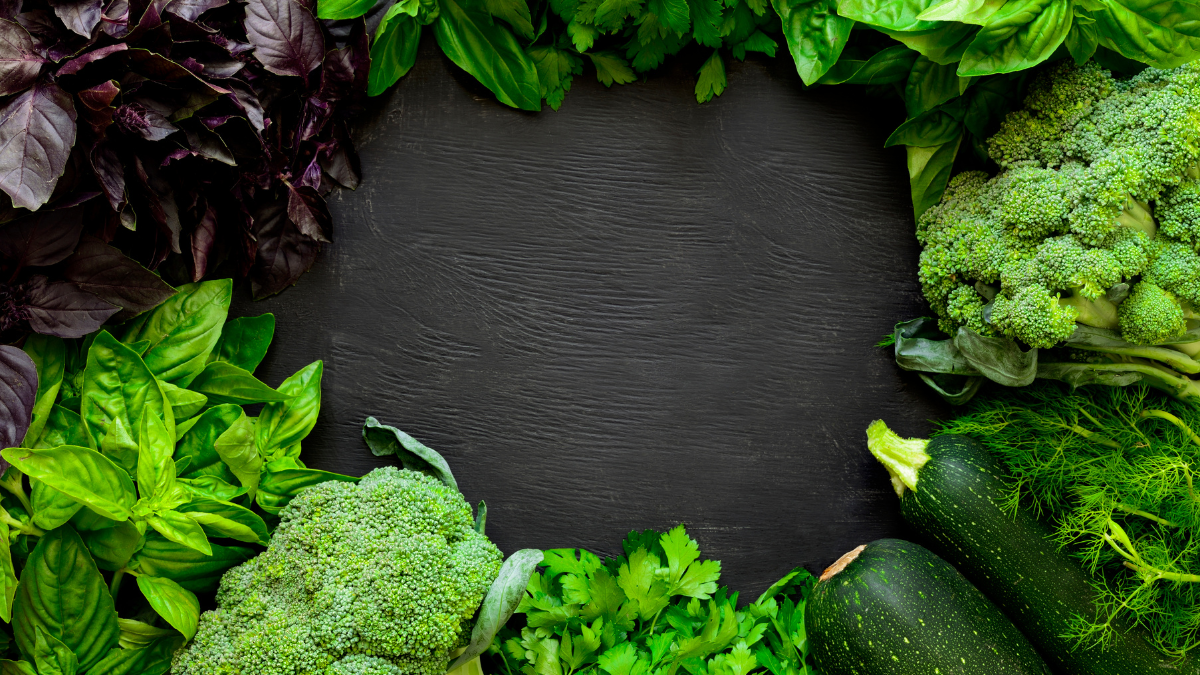Low AMH (Anti-Müllerian Hormone) levels can feel discouraging when you’re trying to conceive, but the right fertility diet for low AMH can play a powerful role in supporting egg health and hormone balance. While it isn’t possible to increase the number of eggs you were born with, you can improve the quality of the eggs you have and create the healthiest environment for conception.
This in-depth guide explores the science behind AMH, explains how nutrition influences fertility, and gives you clear steps—foods, nutrients, and lifestyle habits—to build a fertility-friendly plate every day.
Table of Contents
What Low AMH
- AMH Basics: Anti-Müllerian Hormone is produced by the small follicles in your ovaries and serves as a marker of ovarian reserve.
- Why Levels Drop: Natural aging, genetics, certain medical treatments (like chemotherapy), smoking, and conditions such as endometriosis can all lower AMH.
- Why Diet Matters: You can’t add new eggs, but high-quality nutrition protects the eggs you have from oxidative damage and supports optimal hormone production.
Understanding Low AMH and Its Impact on Fertility
AMH (Anti-Müllerian Hormone) is a key indicator of ovarian reserve, reflecting the number of eggs remaining in the ovaries. While it does not measure egg quality, it provides important insights into fertility potential. Understanding low AMH can help you make informed decisions about conception strategies.
Key points to know about low AMH:
- What low AMH means: Levels below 1.0 ng/mL are considered low, while extremely low levels like 0.01 ng/mL suggest a very limited egg reserve.
- Effect on fertility: Women with low AMH may find it more difficult to conceive naturally, but pregnancy is still possible, as some healthy eggs may remain.
- Causes of low AMH:
- Natural aging (AMH naturally declines after age 30)
- Genetic factors
- Medical treatments like chemotherapy or ovarian surgery
- Conditions such as endometriosis or polycystic ovary syndrome (PCOS)
- Egg quality vs. quantity: Low AMH reflects fewer eggs, but the eggs that remain can still be viable. Focusing on nutrition, lifestyle, and fertility support can improve the chances of conception.
Understanding your AMH level helps guide fertility planning, lifestyle adjustments, and discussions with a reproductive specialist.

Core Principles of a Fertility Diet for Low AMH
- Nutrient Density First
Fill your plate with whole, minimally processed foods rich in vitamins, minerals, and antioxidants to help safeguard egg cells. - Blood Sugar Balance
Stable blood sugar reduces inflammation and supports regular ovulation. Combine complex carbs with protein and fiber at each meal. - Antioxidant Protection
Free radicals can harm egg DNA. Antioxidant-rich foods neutralize these unstable molecules. - Healthy Fats for Hormones
Omega-3s and monounsaturated fats promote balanced estrogen and progesterone.
Star Nutrients for Egg Quality
- CoQ10 (Ubiquinol): Critical for energy production inside the egg’s mitochondria.
- Food sources: Organ meats, fatty fish, spinach, broccoli.
- Omega-3 Fatty Acids: Reduce inflammation and improve ovarian blood flow.
- Food sources: Wild salmon, sardines, chia seeds, flaxseeds.
- Folate & B Vitamins: Support DNA synthesis and cell division.
- Food sources: Dark leafy greens, asparagus, and lentils.
- Vitamin D: Important for hormone regulation.
- Food sources: Egg yolks, fortified plant milk, safe sun exposure.
- Zinc & Selenium: Defend egg cells against oxidative stress.
- Food sources: Pumpkin seeds, oysters, Brazil nuts.
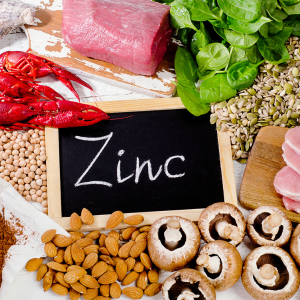
Fertility-Friendly Foods to Add Daily
- Leafy Greens: Kale, spinach, and Swiss chard for folate and iron.
- Colorful Vegetables: Carrots, bell peppers, and beets for antioxidants.
- Low-Glycemic Fruits: Berries, apples, and pears to avoid sugar spikes.
- Whole Grains: Quinoa, brown rice, steel-cut oats.
- Lean Proteins: Wild-caught fish, pasture-raised poultry, lentils.
- Healthy Fats: Avocado, extra virgin olive oil, nuts, seeds.
Lifestyle Tips to Pair with Your Fertility Diet
Your eating habits are just one piece of the fertility puzzle. These everyday lifestyle choices can work hand-in-hand with a fertility diet for low AMH to protect egg quality and keep your hormones balanced.
1. Move Daily
Gentle, consistent movement improves blood flow to the reproductive organs and helps regulate insulin levels.
- Aim for 30 minutes of activity most days.
- Great options include yoga, brisk walking, swimming, or light strength training.
- Avoid over-exercising, which can raise stress hormones and disrupt ovulation.
2. Stress Less
Chronic stress raises cortisol, which may interfere with reproductive hormones.
- Try 10 minutes of meditation, breathing exercises, or guided imagery each morning.
- Journaling or talking with a counselor can also ease anxiety during the conception journey.
- Even short “mindful breaks” throughout the day—like stepping outside for fresh air—make a difference.
3. Prioritize Sleep
Quality sleep is essential for hormone regulation and cellular repair.
- Aim for 7–9 hours of restful sleep each night.
- Create a calming bedtime routine: dim the lights, limit screen time, and keep your bedroom cool and dark.
- Consistent bedtimes help stabilize your body’s natural rhythms.
4. Reduce Toxin Exposure
Environmental toxins can act as hormone disruptors.
- Choose organic produce when possible, or wash conventional fruits and vegetables thoroughly.
- Store food in glass or stainless steel containers to avoid BPA and phthalates, which are found in some plastics.
- Use natural cleaning products and avoid smoking or second-hand smoke.
5. Cultivate Supportive Relationships
Emotional well-being is just as important as physical health.
- Surround yourself with people who uplift you—partners, friends, or a support group for women on a fertility journey.
- Sharing your experiences can relieve pressure and build resilience.
10 Best Foods & Tips: Fertility Diet for Low AMH
Low AMH (Anti-Müllerian Hormone) levels can feel discouraging when you’re trying to conceive. But the right fertility diet for low AMH—combined with simple lifestyle changes—can help protect egg quality and balance hormones. You can’t add more eggs, but you can nurture the ones you have and create the best environment for conception.
1. Leafy Greens
Spinach, kale, and Swiss chard provide folate and iron to support DNA synthesis and healthy ovulation.
2. Berries
Blueberries, raspberries, and strawberries deliver antioxidants that protect eggs from oxidative damage.
3. Wild-Caught Salmon
Rich in omega-3s, salmon reduces inflammation and improves blood flow to the ovaries.
4. Chia and Flaxseeds
Packed with plant-based omega-3 fatty acids and fiber for hormone balance.
5. Avocado
Full of monounsaturated fats that help regulate reproductive hormones.
6. Quinoa
A complete plant protein and complex carbohydrate for steady blood sugar and lasting energy.
7. Lentils
Loaded with folate and plant-based protein to support healthy cell division.
8. Pumpkin Seeds
High in zinc, a mineral essential for egg cell protection and hormone production.
9. Broccoli
Contains vitamin C and CoQ10 precursors to support mitochondrial function inside eggs.
10. Brazil Nuts
A top source of selenium, which defends eggs from free radical damage.
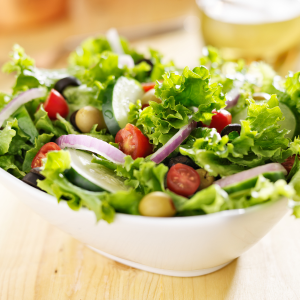
Why a Fertility Diet Matters for Low AMH
A fertility diet for low AMH plays a crucial role in supporting egg health and hormone balance, even if it can’t increase the number of eggs. Proper nutrition helps create the best possible environment for your remaining eggs and can improve overall reproductive function.
Here’s why a fertility-focused diet is important:
- Supports Egg Quality: Nutrient-rich foods provide antioxidants, vitamins, and minerals that protect eggs from oxidative stress and cellular damage.
- Balances Hormones: Healthy fats, fiber, and protein help regulate estrogen, progesterone, and insulin levels, which are essential for ovulation.
- Improves Ovarian Function: Certain nutrients like CoQ10, folate, zinc, and selenium help mitochondria in egg cells function efficiently, boosting energy and egg viability.
- Reduces Inflammation: Anti-inflammatory foods such as leafy greens, berries, and fatty fish support ovarian health and may enhance fertility outcomes.
- Optimizes Overall Health: A well-balanced diet helps maintain healthy weight, stable blood sugar, and energy levels—all factors that affect reproductive success.
Focusing on a fertility diet for low AMH is not just about eating specific foods—it’s about consistently nourishing your body to maximize your chances of conception and support reproductive well-being.
How Serious is Low AMH?
Low AMH (Anti-Müllerian Hormone) indicates a reduced ovarian reserve, meaning fewer eggs remain in the ovaries. While it can be concerning, its seriousness depends on age, overall fertility health, and reproductive goals.
Key points to understand:
- Indicator, not a guarantee: Low AMH reflects quantity of eggs, not necessarily quality. Even with low levels, some eggs may still be healthy and capable of fertilization.
- Age matters: A low AMH level in younger women may be less concerning than the same level in older women, because younger women generally have higher-quality eggs.
- Fertility implications: Low AMH can make natural conception more challenging and may reduce response to ovarian stimulation in fertility treatments such as IVF.
- Doesn’t predict immediate infertility: Many women with low AMH still conceive naturally, though timing may require careful planning.
- Guides fertility planning: AMH is most useful as a tool for doctors to help determine the best strategies, including diet, lifestyle, medications, or assisted reproductive techniques.
How Much Vitamin D to Support AMH and Fertility
Vitamin D is an essential nutrient for reproductive health. While it does not directly increase AMH, having sufficient vitamin D levels can help support ovarian function, egg quality, and overall fertility.
Key points to know:
- Optimal Vitamin D Levels: Fertility specialists often recommend a blood level of 30–50 ng/mL for women trying to conceive.
- Daily Intake Guidelines:
- Standard adult RDA: 600–800 IU per day
- Fertility-focused intake (if levels are low): 1,000–2,000 IU per day, as advised by a healthcare provider
- Ways to Increase Vitamin D:
- Sunlight: 10–20 minutes of direct sun on arms or legs several times per week
- Diet: Fatty fish (salmon, mackerel), fortified milk or plant-based milk, egg yolks
- Supplements: Vitamin D3 is preferred; always follow dosage recommendations from a doctor
- Important Considerations:
- Avoid high-dose vitamin D supplements without medical supervision
- Test your vitamin D levels before supplementation
- Combine vitamin D optimization with a fertility-focused diet and healthy lifestyle for the best results
Bottom line: Adequate vitamin D can support ovarian function and overall fertility, but it should be part of a broader fertility plan rather than a standalone solution.
Supplements That Can Complement a Fertility Diet
While a well-balanced fertility diet provides most of the nutrients your body needs, certain supplements can help support egg quality, hormone balance, and overall reproductive health, especially for women with low AMH.
Key supplements to consider:
- Prenatal Vitamins:
- Provide essential nutrients like folate, iron, and B vitamins
- Support DNA synthesis and cell division, which is critical for egg health
- CoQ10 (Ubiquinol):
- Supports mitochondrial function inside egg cells
- May improve egg quality, particularly in women over 35 or with low AMH
- Vitamin D:
- Helps regulate reproductive hormones
- Supports ovarian function and overall fertility
- Omega-3 Fatty Acids (EPA & DHA):
- Reduce inflammation and support blood flow to the ovaries
- Found in fatty fish or taken as a fish oil supplement
- Zinc and Selenium:
- Protect eggs from oxidative stress
- Support hormone production and thyroid function
- Myo-Inositol:
- Often used for women with PCOS or insulin resistance
- Helps improve ovarian function and egg quality
Important Tips:
- Always consult your healthcare provider before starting supplements, especially when trying to conceive.
- Supplements are complementary—they work best alongside a fertility-focused diet, healthy lifestyle, and any medical guidance from a fertility specialist.
Why Did My AMH Drop So Quickly?
A rapid decline in AMH (Anti-Müllerian Hormone) can be concerning, but it’s important to understand the factors that influence ovarian reserve. AMH reflects the number of remaining eggs, not their quality, so a sudden drop doesn’t always mean immediate infertility—but it does indicate that the egg count is decreasing faster than expected.
Common reasons for a rapid AMH decline include:
- Natural Aging: AMH naturally decreases with age, especially after 30, and the rate of decline can vary from woman to woman.
- Genetics: Family history plays a role in ovarian reserve and the speed of AMH decline.
- Medical Treatments: Chemotherapy, radiation, or ovarian surgery can cause a sharp drop in AMH.
- Endometriosis or Ovarian Cysts: These conditions can affect ovarian tissue and accelerate follicle loss.
- Lifestyle Factors: Smoking, excessive alcohol, and chronic stress may contribute to faster ovarian aging.
- Hormonal Disorders: Conditions like PCOS or thyroid imbalances can indirectly influence AMH levels.
Key Takeaway: A sudden drop in AMH is a signal to assess fertility health and consider options. Consulting a reproductive endocrinologist can help identify causes, evaluate ovarian reserve through additional tests, and plan the best steps for conception.
How Can I Increase My AMH Level in One Month?
It’s important to note that AMH reflects ovarian reserve, which is largely determined by the number of eggs in your ovaries. There is no guaranteed way to increase AMH dramatically in a short period, such as one month. However, certain steps can support ovarian health, improve egg quality, and optimize fertility.
Practical strategies to support AMH and fertility:
- Follow a Fertility-Focused Diet:
- Eat antioxidant-rich foods like berries, leafy greens, and broccoli to reduce oxidative stress on eggs.
- Include healthy fats from avocado, nuts, and fatty fish to support hormone balance.
- Take Targeted Supplements:
- CoQ10 (ubiquinol) supports mitochondrial function in eggs.
- Vitamin D helps regulate reproductive hormones.
- Prenatal vitamins with folate and B vitamins support overall ovarian health.
- Adopt Fertility-Friendly Lifestyle Habits:
- Exercise moderately (yoga, walking, light strength training) to boost circulation.
- Reduce stress with meditation, journaling, or mindfulness practices.
- Ensure 7–9 hours of quality sleep each night.
- Avoid Harmful Factors:
- Quit smoking and limit alcohol intake.
- Reduce exposure to endocrine disruptors like BPA plastics and certain chemicals.
Bottom Line: While AMH levels cannot be significantly increased in just one month, these steps optimize egg health and ovarian function, giving your body the best chance for conception and potentially improving fertility outcomes over time.
What is the Best Fertility Treatment for Low AMH?
Low AMH indicates a reduced ovarian reserve, which can make natural conception more challenging. While no single treatment works for everyone, fertility specialists often recommend a combination of approaches tailored to individual needs.
Key fertility treatment options for low AMH:
- In Vitro Fertilization (IVF) with Own Eggs:
- IVF is often the first-line treatment for women with low AMH.
- High-dose ovarian stimulation may be used to retrieve as many eggs as possible in one cycle.
- Success rates may be lower compared to women with higher AMH, but pregnancy is still possible.
- IVF with Donor Eggs:
- Recommended when AMH is extremely low or previous IVF cycles did not produce viable eggs.
- Donor eggs provide a higher chance of pregnancy since they come from younger, fertile donors.
- Fertility Medications:
- Clomiphene citrate or letrozole may be used to stimulate ovulation in some cases.
- These medications are often combined with monitoring to optimize timing for conception.
- Adjunctive Support:
- Supplements like CoQ10, vitamin D, and antioxidants may improve egg quality.
- Lifestyle modifications—balanced diet, exercise, stress reduction—support treatment outcomes.
Bottom Line: The best treatment depends on age, ovarian reserve, overall health, and previous fertility history. A reproductive endocrinologist can provide a personalized plan combining medical interventions, supplements, and lifestyle strategies to maximize the chances of conception.
Conclusion
A fertility diet for low AMH can play a significant role in supporting egg quality and overall reproductive health. While low AMH indicates a reduced ovarian reserve, it doesn’t mean pregnancy is impossible. Focusing on nutrient-rich foods—like leafy greens, berries, fatty fish, and whole grains—along with key supplements such as CoQ10, vitamin D, and prenatal vitamins, helps create the healthiest environment for your eggs.
Pairing this diet with fertility-friendly lifestyle habits, including regular gentle exercise, stress management, quality sleep, and minimizing toxin exposure, further supports ovarian function and hormone balance. Consistently nourishing your body and taking mindful steps toward fertility can improve your chances of conception naturally or alongside medical treatments, empowering you on your journey to parenthood.

